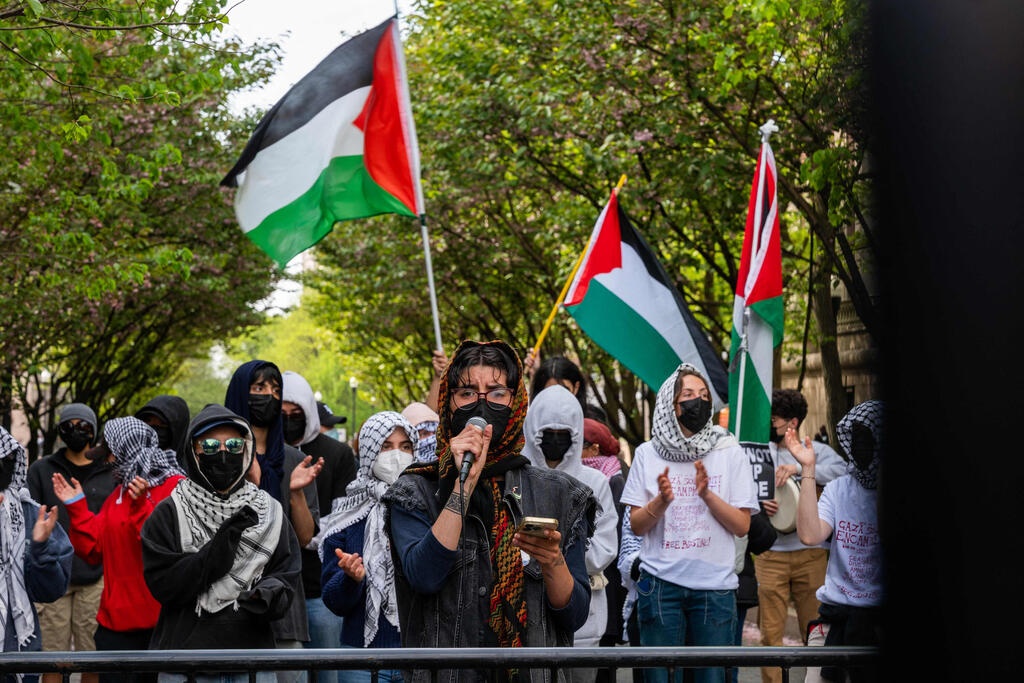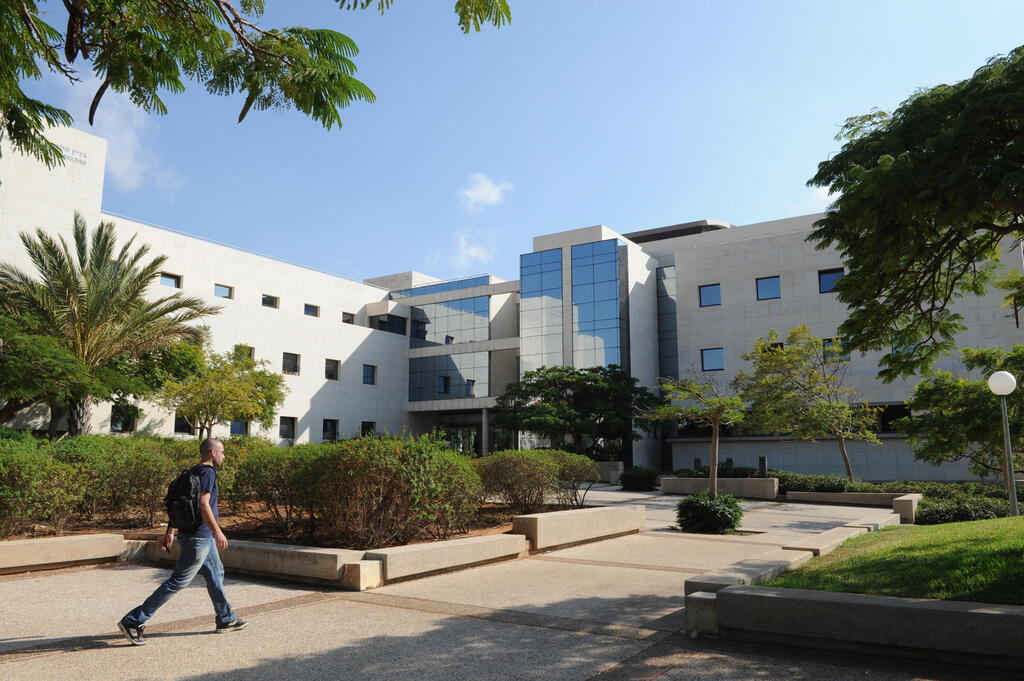Getting your Trinity Audio player ready...
For years, even during difficult times for the country, Israeli academic institutions have enjoyed significant recognition abroad due to the high level of research conducted within them. However, recent reports from Israeli researchers indicate a growing trend of cold shoulders from academic institutions overseas, especially in the wake of the war and student protests on campuses across the U.S. and Europe. Some of these institutions and faculty members, once considered true allies, are now distancing themselves.
While it’s premature to label the situation a full-blown boycott, with only a few countries like Spain officially declaring active boycotts, Israeli institutions are noticing a decline in collaboration with foreign professors. "No one will say it outright," a senior official at a prestigious Israeli academic institution said, "but we’re getting more 'no's than 'yes's these days, and the reasons aren't provided, which suggests a connection."
Senior officials suggest that while these incidents may currently be on the fringes, they are expanding over time, posing a real threat to Israeli academia, which relies heavily on grants and institutional rankings tied to published research. "There’s clearly a silent boycott against Israeli academic institutions," asserts Professor Meleth Shamir, Vice President for International Relations at Tel Aviv University. "Some institutions, and even entire countries, are boycotting us. It's not just a silent boycott; there are also overt acts of ostracism."
Shamir noted that while such boycotts have existed in the past, they have significantly intensified since October 7. "It's difficult to measure because if a paper is rejected from a journal, it's hard to prove the rejection was due to the author's Israeli identity. However, a survey at our university found over 100 examples in recent months of various boycotts—from papers not being published to foreign professors who were collaborating with our faculty suddenly disappearing, to Israeli faculty being downgraded from keynote speakers to regular presenters at conferences they were invited to before the war."
She attributes the boycotts to several factors, the most significant being the desire of foreign academic leaders to appease faculty and student opinions. "This is one effect of campus protests. Some researchers think, 'Why get into trouble with protesting students or other faculty,' regardless of their personal views on what's happening here."
Prof. Michal Bar-Asher Siegal, who served as a visiting professor at Yale University during the early days of the war and witnessed the student protests firsthand, is now the Vice President for International Relations at Ben-Gurion University. She argues that the boycotts have worsened since October 7.
2 View gallery


Pro-Palestinian Rally at Columbia University
(Photo: Spencer Platt / Getty Images North America / AFP)
"Our biggest problem is those who don't want to get involved or invite trouble. This leads to situations where no one knows why an Israeli lecturer isn't invited to a conference or offered a position—they just don't want to deal with the protests."
Bar-Asher Siegal, like many others, believes that the government's current push for a "gag law," which would allow the firing of Israeli professors who speak out against the state, exacerbates the situation. "The government's policies are making it very difficult to establish new collaborations, and it's very frightening," she says.
"We are a small country excelling in research, but if the boycott continues, science won’t be able to progress here. There will be no funds, and the country will wither. There is a real fear that research in Israel could effectively die."
It’s important to note that anti-Israel sentiment did not begin on October 7, but it has certainly intensified since then. While not every academic institution worldwide is currently against Israel, the numbers are increasingly worrying. For instance, although 15 leading universities in Germany continue to collaborate with Israeli academics, there are more and more campuses where Israeli professors have become "persona non grata."
Silent boycott
The situation has become so dire that the Council of University Heads (CUH), which represents Israel's research universities, recently established a task force to combat the growing trend of academic boycotts. The task force, expected to be led by former Foreign Ministry spokesperson Emmanuel Nahshon, was created in response to what the CUH describes as a "tsunami" of rejections and cold shoulders from academic institutions abroad, particularly in Europe and the U.S.
In the initial months of the conflict, the CUH attempted to address the issue through traditional means, such as dialogues with international colleagues and leaders. However, as more foundations and institutions opt out of investing in Israeli research, the need for a more robust approach became apparent. The council is also considering legal action if the situation does not improve.
Pro-Palestinian riot at UCLA
In the meantime, researchers across Israeli universities have been asked to report incidents of academic boycotts, and support is being offered to those affected. Local initiatives include distributing pamphlets to faculty members traveling abroad, providing guidance on handling uncomfortable situations like boos or interruptions during presentations.
Professor Brigitte Schwartz, a linguist and head of the English unit at Afeka College, shared her recent experience of facing academic pushback. After months of collaboration with a Spanish colleague, the partner requested to be listed as the third author on their joint paper, rather than the lead, due to Spain's academic ban on cooperation with Israelis. Schwartz noted that despite leading the research, her colleague was cautious to avoid backlash from her institution.
Schwartz defended her colleague, stating that "it's not personal; it's a precautionary measure against her institution." She continued, "We were aware of the issue and proceeded with the research because we were already mid-project." Schwartz added that while this incident was unique, her experiences at international conferences, such as at the University of Barcelona, involved protests that were pro-Palestinian rather than directly against her.
Meanwhile, Lior Perry, a PhD candidate at the Hebrew University's Institute of Biochemistry, Food, and Nutrition, shared a more positive experience. One of her projects recently received international funding, and during her visits abroad, she found that people were supportive, viewing Israelis as coming from a war zone. "They were happy to see us and took care of us," Perry said, though she acknowledged that this is an issue to monitor closely.
First published: 04:41, 08.24.24






